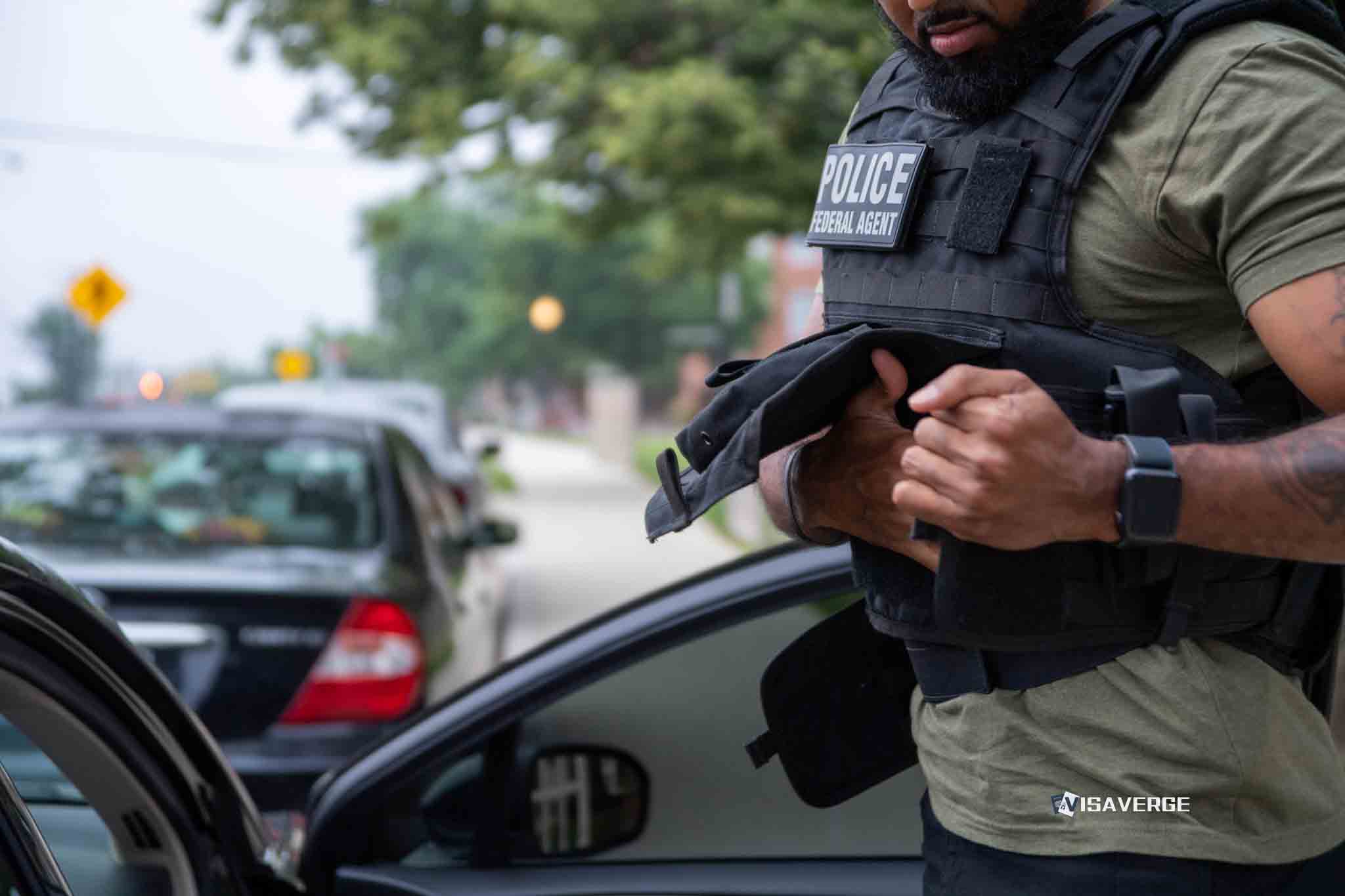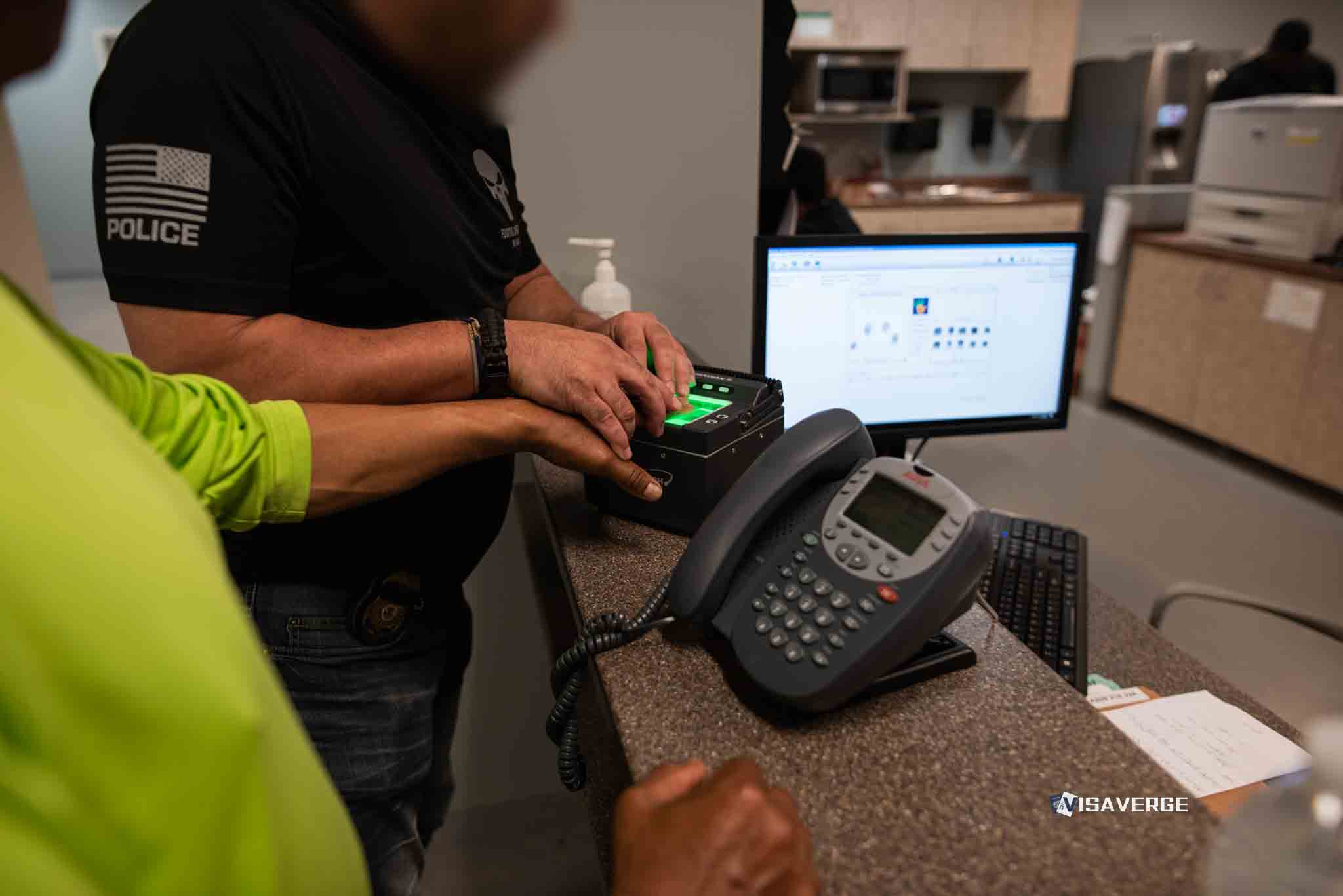The Department of Homeland Security (DHS) moved on November 19, 2025, to tighten long‑term immigration standards by proposing a new public charge rule that is expected to lead to more green card denials for people seen as likely to depend on government aid. The proposal, formally published in the Federal Register and now open to public comment for 30 days, would roll back the narrower 2022 Biden‑era framework and give immigration officers wider room to judge who may become a public charge in the future.
What the proposal would change

Under the new proposal, DHS would rescind the current 2022 regulations that limit public charge decisions mainly to cash assistance and long‑term institutionalization paid by the government. In their place, the rule would restore broader discretion similar to earlier Trump‑era policies, again allowing officers to look at a much wider list of benefits.
This wider list would include:
– Non‑cash programs such as nutrition aid (for example SNAP or food stamps)
– Housing benefits
– Many forms of government‑funded health care, including Medicaid
DHS explains that officers would be allowed to treat the use of this wider set of programs as a warning sign that a person may be unable to meet basic needs without government help.
Who would be affected
The proposal states the main groups affected would be:
– Applicants seeking to adjust status to permanent residence (people already in the U.S. applying for a green card based on family ties, work, or other categories)
– New arrivals applying for immigrant visas abroad would also fall under the rule
Current lawful permanent residents (people who already hold green cards) are not directly targeted, but the proposal notes possible indirect effects when they sponsor relatives (spouses, children, parents) since officers would scrutinize sponsors’ past and present benefit use.
Key shifts in adjudication standards
A number of significant shifts are proposed:
- Lower threshold for denial
- Officers would not need proof that someone has used benefits heavily or for a long time.
- A green card could be denied if an officer believes a person is likely to need public resources in the future.
- Applying for, being approved for, or having used benefits even briefly could be counted as evidence against an applicant.
- “Totality of circumstances” test
- Officers may weigh a person’s full situation, not just current income.
- Considerations could include:
- Family health history
- Economic background
- Past benefit usage
- Age
- Any disability or chronic health condition that might affect ability to work
- In practice, this broad test could increase subjectivity and give substantial discretion to individual adjudicators at USCIS.
Key takeaway: The combination of a lower denial threshold and a broad “totality of circumstances” test may substantially increase the role of individual officer judgment in public charge decisions.
Expected consequences and concerns
Advocates, immigration lawyers, and community groups warn of several likely outcomes:
- A sharp increase in green card denials, especially for:
- Low‑income families
- People with medical issues, disabilities, or chronic illnesses
- Those with limited earning potential
- Risk of arbitrary or uneven decisions
- Because officers may consider a wide range of personal and economic details, critics argue this raises the chance of inconsistent outcomes across field offices or even between officers.
- A strong “chilling effect”
- People legally allowed to use services may avoid them due to fear of immigration consequences.
- Under the 2022 policy, the government had tried to reassure families that most non‑cash programs would not harm immigration cases. The new proposal moves in the opposite direction by inviting officers to consider food, housing, and health programs.
Community groups note that fear often spreads beyond applicants themselves — for example, U.S. citizen children have lost access to benefits in past public charge debates because immigrant parents were afraid to sign up on their behalf. Service providers worry clinics, food banks, and housing counselors may see more people quietly dropping out of programs.
DHS rationale and implementation process
DHS defends the proposal by stating in the Federal Register notice that it is enforcing long‑standing public charge language in U.S. immigration law. The agency notes:
– Immigration officers must follow statutory terms.
– The proposal reaffirms strict adherence to those rules while expanding what may count as a negative factor.
USCIS, which processes most green card applications, is expected to issue detailed policy guidance and training materials if the rule is finalized. Those materials are not yet available during this comment stage. General information on current public charge policy remains posted on the USCIS website: https://www.uscis.gov/green-card/green-card-processes-and-procedures/public-charge
Public comment period and next steps
- The rule is currently a proposal; the 2022 regulation remains in force for now.
- The public has 30 days from November 19, 2025, to submit written feedback through the Federal Register system.
- After the comment window closes, DHS will:
- Review submissions
- Decide whether to keep, amend, or withdraw the proposal
- Issue a final rule (if it proceeds)
- There is usually a gap between a final rule and its effective date. DHS has not provided a firm implementation date.
According to analysis by VisaVerge.com, the short comment window may signal DHS intends to move relatively quickly unless courts or Congress intervene.
Practical effects now
Even while the proposal is not final, its timing is already affecting behavior:
– Some families and lawyers fear officers may begin scrutinizing benefit histories and financial documents more closely in anticipation of a tougher standard.
– For people far along in the green card process, the possibility of denial based on predicted need for food, housing, or medical care adds another layer of uncertainty and stress.
Summary of who faces the greatest risk
| Group | Why at risk |
|---|---|
| Low‑income families | Higher likelihood of short‑term safety‑net use (food, housing, health) |
| People with disabilities/chronic illness | Health conditions may be seen as reducing work ability |
| Sponsors with benefit histories | Sponsors’ past use of benefits could affect relatives’ applications |
| Mixed‑status households | Fear may lead to reduced use of services, harming health and stability |
Final note: Until DHS issues a final rule, applicants remain governed by the narrower 2022 definition that largely ignores non‑cash aid. Public comments submitted during this 30‑day window may influence whether the proposal is revised, retained, or withdrawn.
DHS proposed on Nov. 19, 2025 a new public‑charge rule that would rescind 2022 limits and expand officer discretion to consider non‑cash benefits such as SNAP, housing aid and Medicaid. It targets adjustment‑of‑status applicants and immigrant visa applicants abroad; existing green card holders face indirect effects when sponsoring relatives. The proposal lowers the threshold for denial, introduces a broad “totality of circumstances” test, opens a 30‑day comment period, and could increase denials and chilling effects on benefit use.













